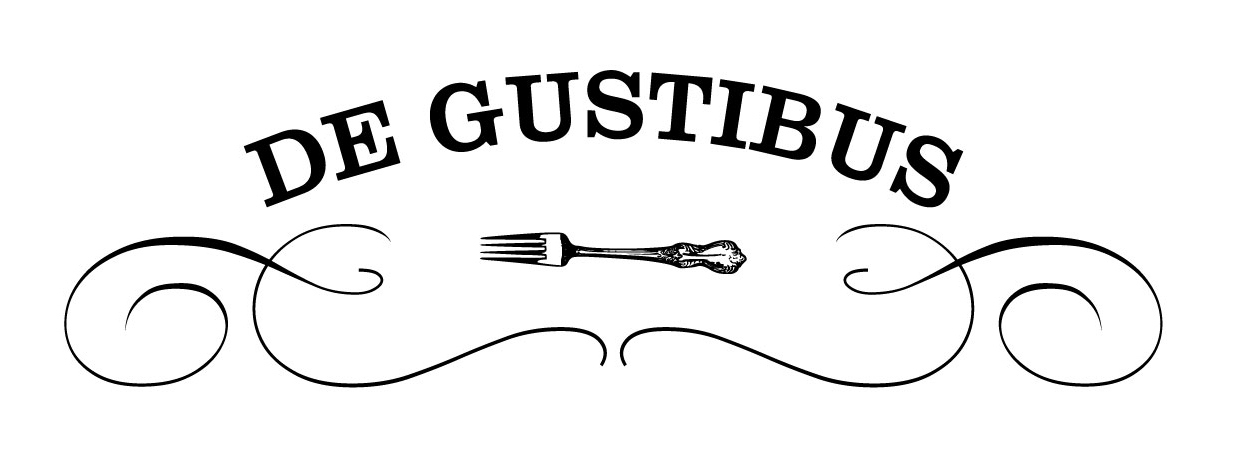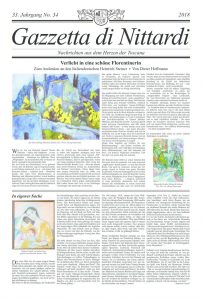Cinecittà
Share

The strongest Italian film this year was Matteo Garrone’s Dogman. Probably the only reason it didn’t get an Oscar nomination is because it depicts a hard, unembellished side of the country. The Roman director once again turns to the ambience that already bore fruit in his Gomorrah (2008) and L’imbalsamatore [“The Embalmer”] (2002): the dark world of the small criminal, the outcast, the disconnected. The film is based on a true story, the horrendous murder committed by Pietro de Negri, nicknamed Er Canaro [“The Dogkeeper”], in the late 1980s. The location alone, an abandoned concrete holiday village at the sea on the outer fringes of Rome, suggests narrative cosmos agitating outside all mainstream platitudes. This is where Marcello (Marcello Fonte) runs a dog-grooming salon, and he would probably be happy there with his dogs, too, were it for not Simoncino (Edoardo Pesce), ex-boxer and criminal, who makes his life hell for him. So hellish that Marcello eventually seeks revenge. The story is simply spun, almost like a fairytale, but it is also so idiosyncratically staged, with such imaginative power and thespian expertise, that the film – particularly at the beginning and in the middle (the end is weaker) – offers the audience the rare feeling of being part of the crazy world shown.
Lazzaro Felice [“Happy as Lazzaro”] by Alice Rohrwacher – sister of the actor Alba Rohrwacher (their father is German), who also plays one of the main roles — is also a movie that oscillates between an atmosphere of enchantment and brutal reality. By means of an enduring falsehood, the workers at the isolated tobacco plantation of Marchesa Alfonsina de Luna live under slave-like conditions – until the lie is finally exposed. But when one has never known freedom before, it is not all that easy of a thing. And neither is life in the big city, for that matter. The film plays with the Lazarus legend and, just like Dogman, stands out above all because of its refreshing otherness.
Disappointing, on the other hand, was the long-awaited two-part portrait of Silvio Berlusconi by Oscar-winner Paolo Sorrentino, Loro 1 and 2: visually extraordinary – albeit with a music video or fashion advertisement aesthetic – but narratively weak.
Ditto with the remake of Dario Argento’s horror flick Suspiria. Director Luca Guadagnino loses himself in two and a half hours of staring at his own navel, while the poor moviegoer most likely falls asleep. Hitchcock, the “Master of Suspense”, whose film philosophy was aimed completely at keeping the audience’s wide-open eyes glued to the screen, would roll over in his grave.












Follow us